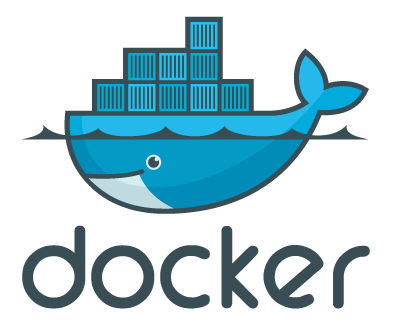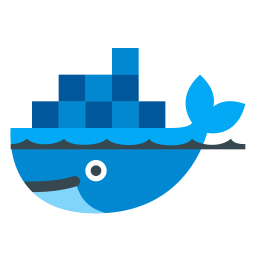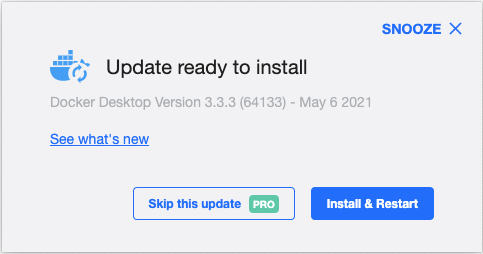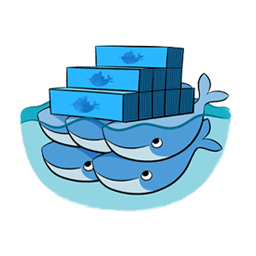2022-02-25 | 阅读(3,595)
一谈到 Docker 容器,按照以往的惯性思维,那就是 Linux 容器(LXC),和 Windows 没多大关系,顶多也就是在 Windows 的 Linux 虚拟机中跑 Docker 容器。
不过自从 Windows Server 2016 开始,出现了 Windows 原生的 Docker 容器,它再也不只是 Linux 下的专利了。Docker 容器中可以运行 Windows 系统了, 每个 Windows 容器共享宿主机的 Windows 内核(--isolation=process,),或使用一个高度优化虚拟机中的 Windows 内核(--isolation=hyperv)。
我们说自 Windows Server 2016 开始,包括现在的 Windows Server 2019, Windows Server 2022, 还有桌面系统的 Windows 10 和 11 上 借助于 Docker Desktop 也能跑 Windows 容器。
原本在 Windows 桌面版上安装 Docker Desktop 就能用来运行 Linux 容器,由此可知在 Windows 桌面版上(如 Windows 7, 10, 11) 可运行两种类型的容器
- Linux 容器: 每个容器运行的是 Linux 实例,用 cgcroups 命名空间隔离资源。默认的,使用 Docker Desktop 的 LinuxEngine
- Windows 容器:容器中运行的是 Windows 实例,进程隔离模式是容器共享主 机的 Windows 内核,Hyper-V 隔离模式是容器使用高度优化虚拟机的内核。需启用 Windows 的 Hyper-V 特性,并切换 Docker Desktop 使用 WindowsEngine
阅读全文 >>




